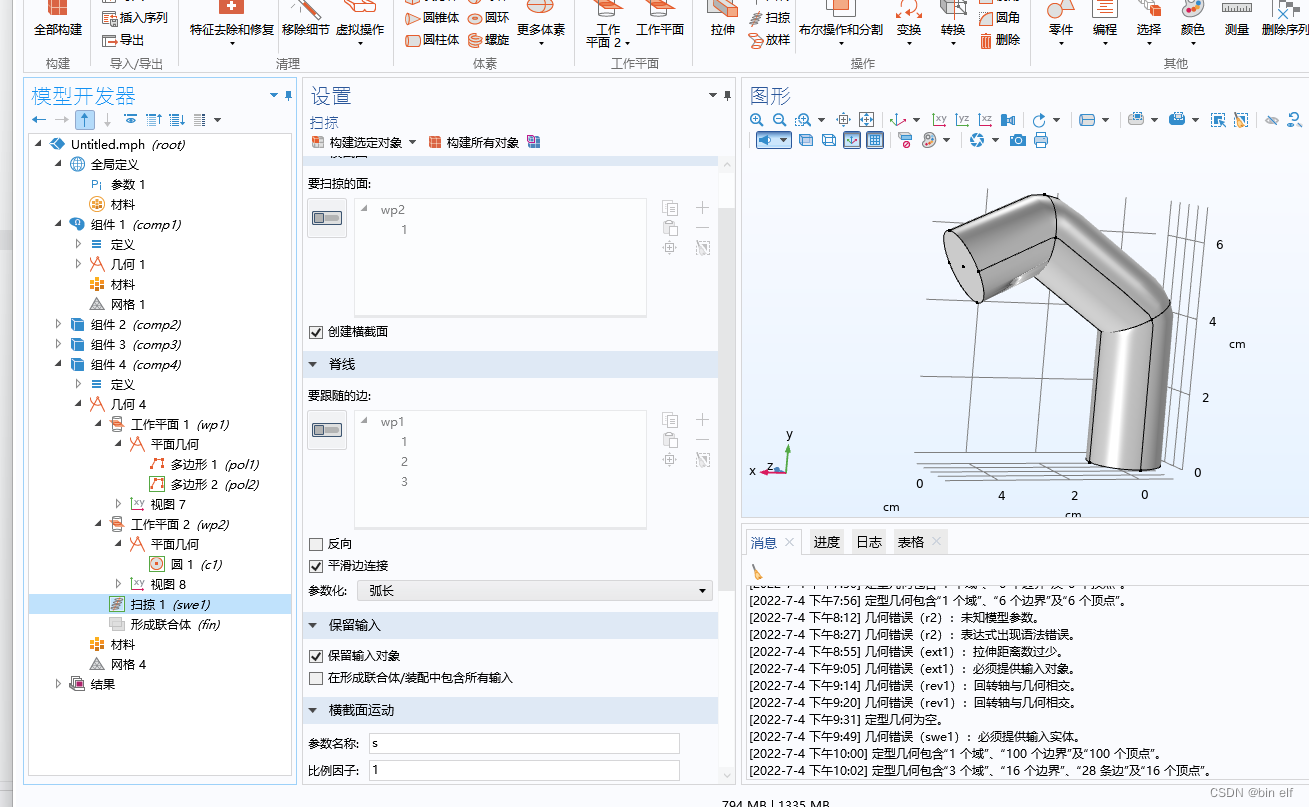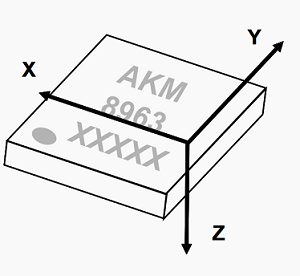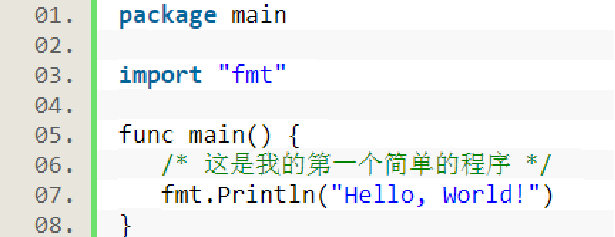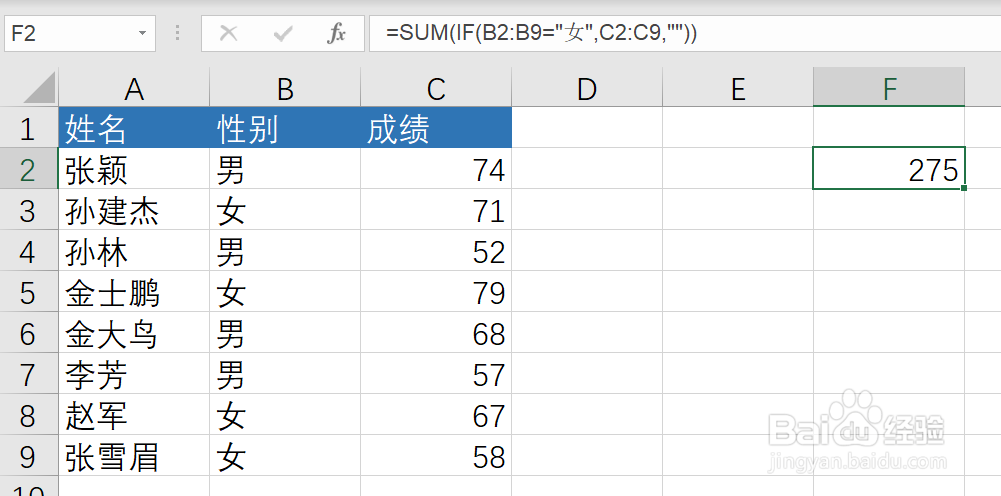当前位置:网站首页>POJ 3176 cow bowling (DP | memory search)
POJ 3176 cow bowling (DP | memory search)
2022-07-05 11:28:00 【Full stack programmer webmaster】
Cow Bowling
Time Limit: 1000MS | Memory Limit: 65536K | |
|---|---|---|
Total Submissions: 14210 | Accepted: 9432 |
Description
The cows don’t use actual bowling balls when they go bowling. They each take a number (in the range 0..99), though, and line up in a standard bowling-pin-like triangle like this:
7
3 8
8 1 0
2 7 4 4
4 5 2 6 5Then the other cows traverse the triangle starting from its tip and moving “down” to one of the two diagonally adjacent cows until the “bottom” row is reached. The cow’s score is the sum of the numbers of the cows visited along the way. The cow with the highest score wins that frame.
Given a triangle with N (1 <= N <= 350) rows, determine the highest possible sum achievable.
Input
Line 1: A single integer, N
Lines 2..N+1: Line i+1 contains i space-separated integers that represent row i of the triangle.
Output
Line 1: The largest sum achievable using the traversal rules
Sample Input
5
7
3 8
8 1 0
2 7 4 4
4 5 2 6 5Sample Output
30 Number triangle problem .. Able to sit from bottom to top dp dp[i][j]=ma[i][j]+max(dp[i+1][j],dp[i+1][j+1]) Giant water .. Think of my ignorant brush six months ago dp I don't know anything .. Ah What a sad story ..#include <algorithm>
#include <iostream>
#include <cstring>
#include <cstdlib>
#include <string>
#include <cctype>
#include <vector>
#include <cstdio>
#include <cmath>
#include <queue>
#include <stack>
#include <map>
#include <set>
#define ll long long
#define maxn 360
#define pp pair<int,int>
#define INF 0x3f3f3f3f
#define max(x,y) ( ((x) > (y)) ? (x) : (y) )
#define min(x,y) ( ((x) > (y)) ? (y) : (x) )
using namespace std;
int n,dp[maxn][maxn],ma[maxn][maxn];
void solve()
{
for(int i=0;i<n;i++)
dp[n-1][i]=ma[n-1][i];
for(int i=n-2;i>=0;i--)
for(int j=0;j<=i;j++)
dp[i][j]=max(ma[i][j]+dp[i+1][j],ma[i][j]+dp[i+1][j+1]);
printf("%d\n",dp[0][0]);
}
int main()
{
while(~scanf("%d",&n))
{
for(int i=0;i<n;i++)
for(int j=0;j<=i;j++)
scanf("%d",&ma[i][j]);
memset(dp,0,sizeof(dp));
solve();
}
return 0;
}It can also be memorized from top to bottom Search for .. Then the meaning of the state array is almost the same .. Personally, I think search is easier to write ...
#include <algorithm>
#include <iostream>
#include <cstring>
#include <cstdlib>
#include <string>
#include <cctype>
#include <vector>
#include <cstdio>
#include <cmath>
#include <queue>
#include <stack>
#include <map>
#include <set>
#define ll long long
#define maxn 360
#define pp pair<int,int>
#define INF 0x3f3f3f3f
#define max(x,y) ( ((x) > (y)) ? (x) : (y) )
#define min(x,y) ( ((x) > (y)) ? (y) : (x) )
using namespace std;
int n,dp[maxn][maxn],ma[maxn][maxn];
int dfs(int x,int y)
{
if(x==n-1)return ma[x][y];
if(dp[x][y]>=0)return dp[x][y];
dp[x][y]=0;
dp[x][y]+=(ma[x][y]+max(dfs(x+1,y),dfs(x+1,y+1)));
return dp[x][y];
}
int main()
{
while(~scanf("%d",&n))
{
for(int i=0;i<n;i++)
for(int j=0;j<=i;j++)
scanf("%d",&ma[i][j]);
memset(dp,-1,sizeof(dp));
printf("%d\n",dfs(0,0));
}
return 0;
}Publisher : Full stack programmer stack length , Reprint please indicate the source :https://javaforall.cn/109498.html Link to the original text :https://javaforall.cn
边栏推荐
- An error is reported in the process of using gbase 8C database: 80000305, host IPS long to different cluster. How to solve it?
- COMSOL -- establishment of 3D graphics
- -26374 and -26377 errors during coneroller execution
- IPv6与IPv4的区别 网信办等三部推进IPv6规模部署
- [Oracle] use DataGrid to connect to Oracle Database
- 【全网首发】(大表小技巧)有时候 2 小时的 SQL 操作,可能只要 1 分钟
- Repair animation 1K to 8K
- Four departments: from now on to the end of October, carry out the "100 day action" on gas safety
- 中非 钻石副石怎么镶嵌,才能既安全又好看?
- FreeRTOS 中 RISC-V-Qemu-virt_GCC 的调度时机
猜你喜欢

COMSOL -- 3D casual painting -- sweeping
![[crawler] Charles unknown error](/img/82/c36b225d0502f67cd04225f39de145.png)
[crawler] Charles unknown error

How did the situation that NFT trading market mainly uses eth standard for trading come into being?

Harbor image warehouse construction

Intelligent metal detector based on openharmony

go语言学习笔记-分析第一个程序

【Office】Excel中IF函数的8种用法

Three paradigms of database

Wechat nucleic acid detection appointment applet system graduation design completion (8) graduation design thesis template

Huawei equipment configures channel switching services without interruption
随机推荐
The art of communication III: Listening between people
MySQL giant pit: update updates should be judged with caution by affecting the number of rows!!!
Manage multiple instagram accounts and share anti Association tips
TSQL – identity column, guid, sequence
紫光展锐全球首个5G R17 IoT NTN卫星物联网上星实测完成
How to understand super browser? What scenarios can it be used in? What brands are there?
Advanced technology management - what is the physical, mental and mental strength of managers
AutoCAD -- mask command, how to use CAD to locally enlarge drawings
In the last process before the use of the risk control model, 80% of children's shoes are trampled here
基于OpenHarmony的智能金属探测器
Sklearn model sorting
COMSOL -- establishment of geometric model -- establishment of two-dimensional graphics
Empêcher le navigateur de reculer
边缘计算如何与物联网结合在一起?
Mysql统计技巧:ON DUPLICATE KEY UPDATE用法
Cdga | six principles that data governance has to adhere to
技术管理进阶——什么是管理者之体力、脑力、心力
SSL证书错误怎么办?浏览器常见SSL证书报错解决办法
Zcmu--1390: queue problem (1)
OneForAll安装使用